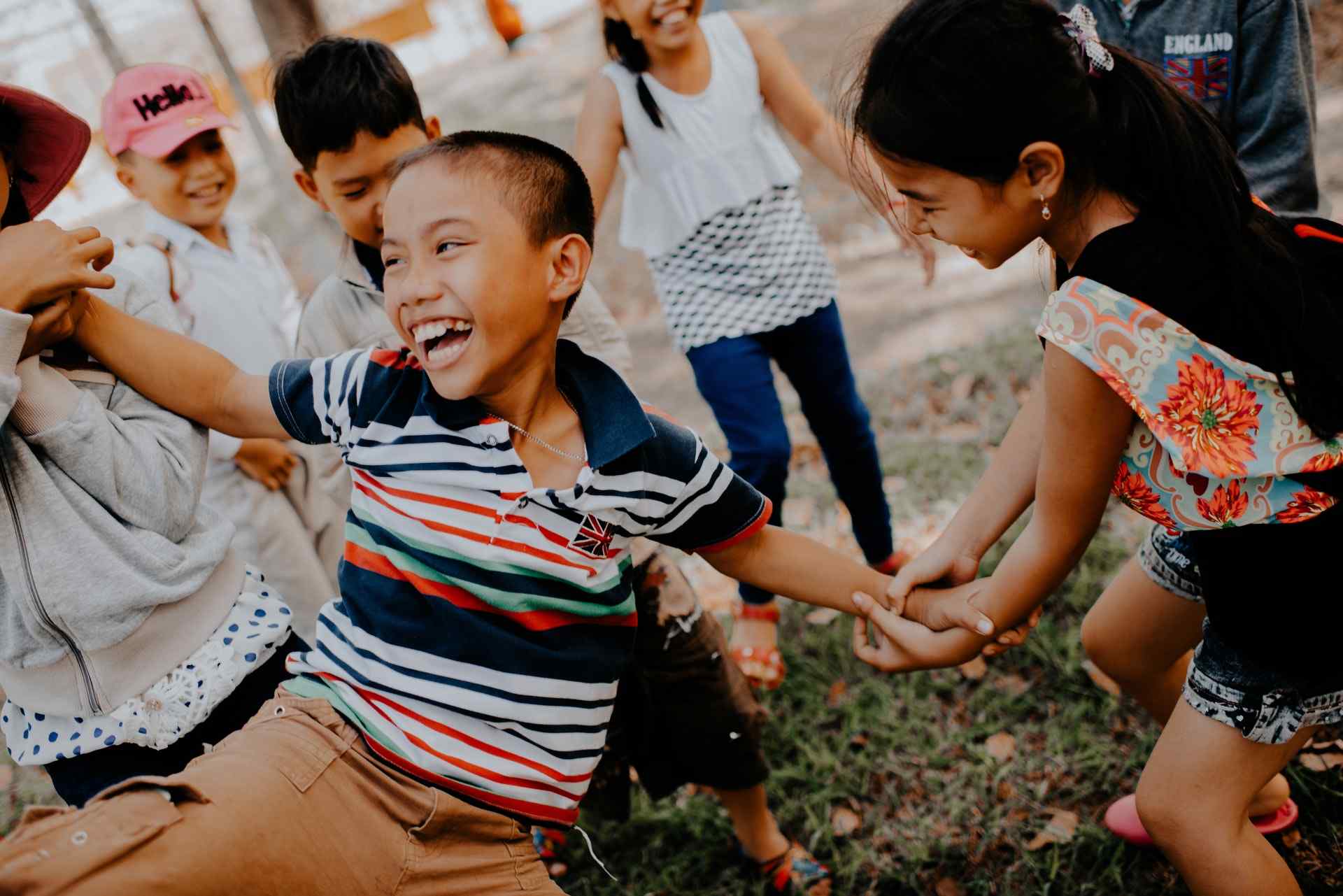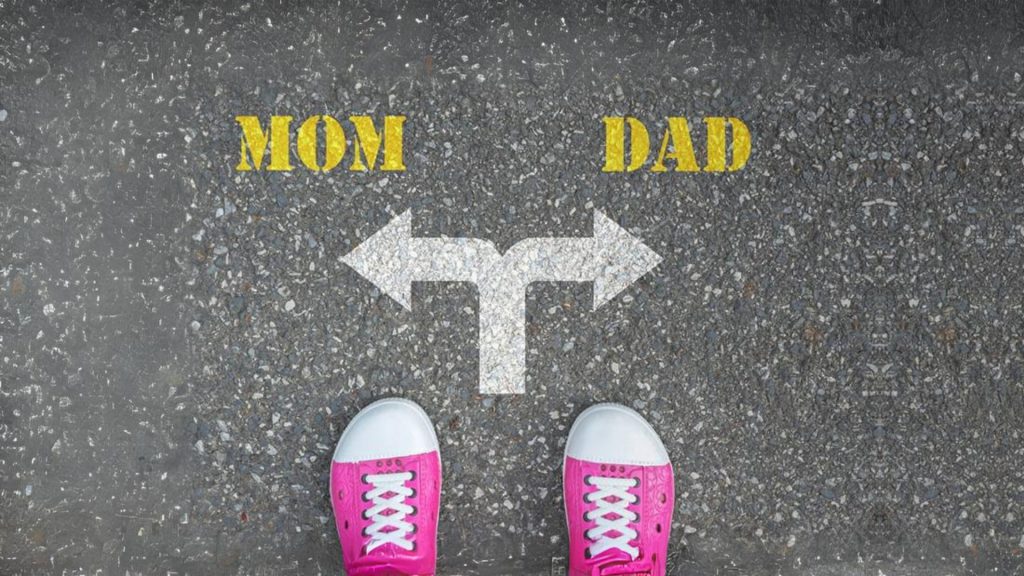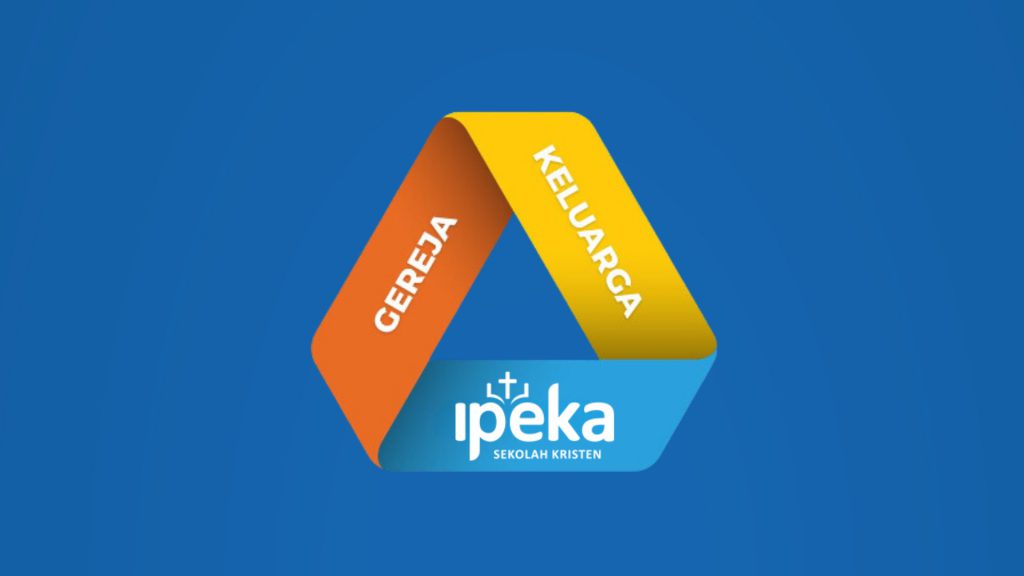As with every skill development, each child follows his/her own pace of developing more complex social skills and forging deeper relationships.
If you are reading this article, then perhaps you have several concerns regarding your child’s social skills. You may have noticed that your child spent more time alone. Perhaps you have seen that your child has made an effort to interact with their peers, but they seem uninterested in interacting with your child.
These are valid concerns, but it’s also important to manage your expectations and never force your child to be more outgoing and energetic. Before working through this problem, it’s important to be patient and ignore irrelevant external pressures (such as social pressure), as this project is between you and your child.
Afterwards, you may find the following steps helpful.

1. Talk to your child’s homeroom teacher
You are always welcome to come to our school to talk to your child’s homeroom teacher. This is someone who spends the most time with your child at school. You can learn about the situation better, and have the teacher pay extra attention to your child.
You can always ask our homeroom teachers for some advice or recommendations on what to do at home so that your child can improve their social skills.
2. Arrange a playdate with your friends’ children
You can definitely encourage your child to befriend your friends’ children Arranging a playdate with your friends’ children is a great strategy because your child can learn to trust them more quickly – you know them as well. This is great to practice social skills in a trusted and safe environment where they can learn from mistakes without judgment.
3. Teach them rapport-building skills
Rapport-building is an increasingly relevant skill as children grow older and value boundaries. Younger children appear to be better at socializing because it takes them less time to enter a friendship or group without thinking of boundaries.
You can teach your child the best topics and questions to ask a stranger to get a conversation going. Encourage them to talk about “what’s in” with you – a trending activity that many children are enjoying right now. Don’t worry about teaching your child about peer pressure (yet); at this stage, it’s best to celebrate similarity and to build trust based on common interest.
Learning social skills this way is guaranteed to make it easier for your child to forge deeper relationships.
The second-best place for a balanced individual
Home is by far the best place to develop skills that create a balanced person. The second-best place is IPEKA, a Christian school in Jakarta. Children from various families come together to learn about their unique differences. At the same time, they celebrate the special thing that is shared by all children, that is being the children of God.





